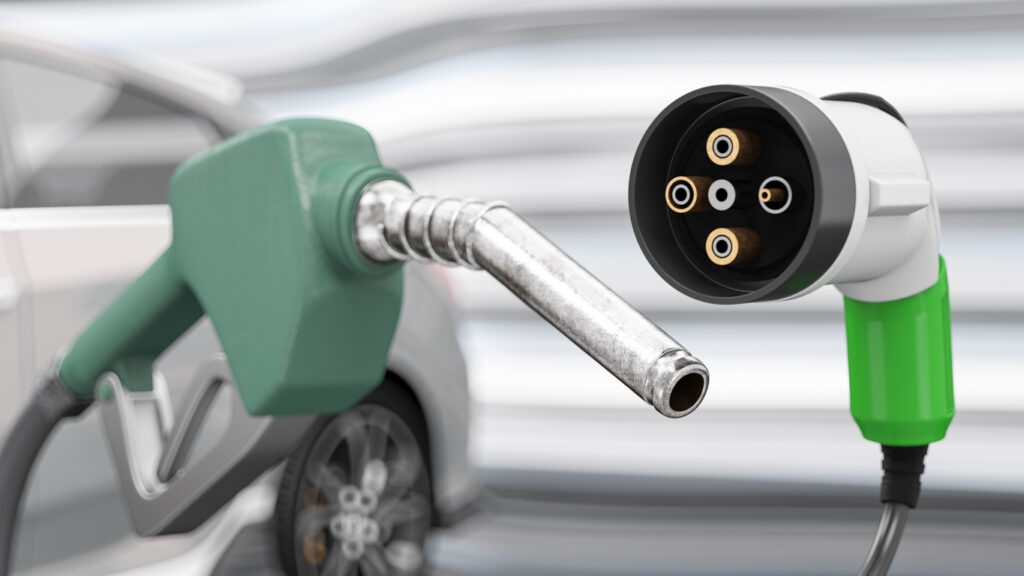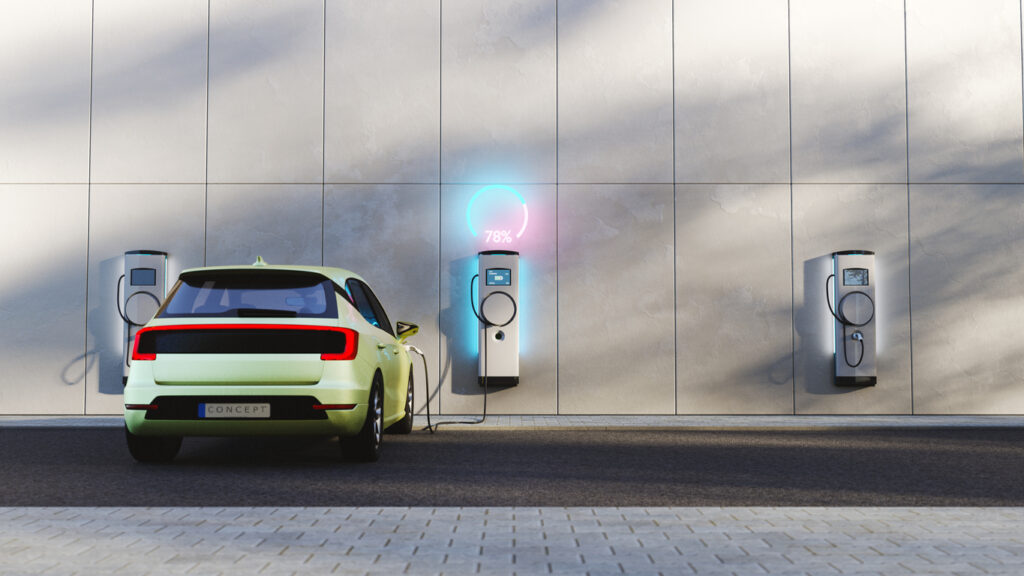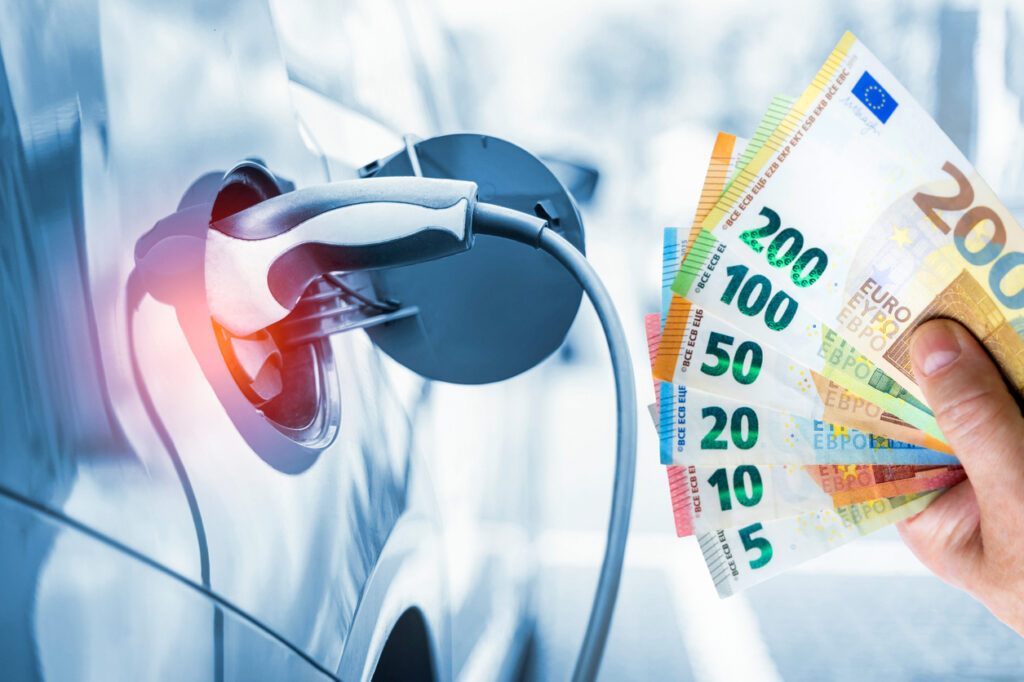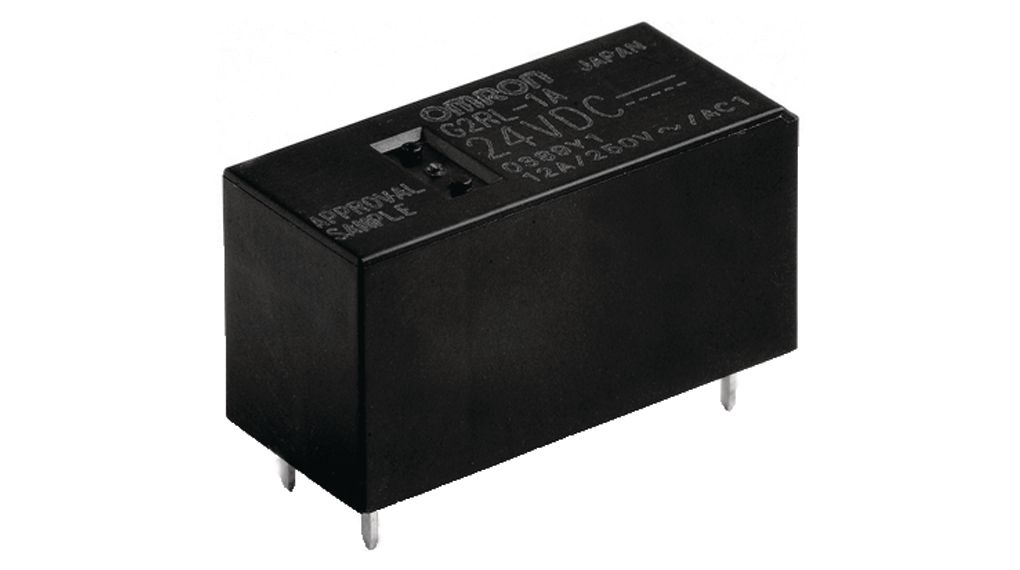Electric vehicles are one of the most effective solutions for transitioning to a more sustainable future and reducing carbon emissions. If you consider one, this guide will help you understand the most important aspects of a clean charge network and provide recommended EV charging equipment.
Are electric vehicles worth it?
Before introducing the substance of the issue, it is essential to show how the electric car market is changing and what the benefits of using electric vehicles are.
As per S&P Global Mobility data, the annual growth rate of electric car sales was roughly 36% in 2022. The market for EVs is by far the largest in China, but Europe and the United States are also making some progress towards the e-mobility transition. Find out more about EV readiness in individual countries in our EV Index.
Benefits of electric cars:
- More costs saving
- Superior performance
- Environmentally friendly
- Smaller carbon footprint
- No fuel required
- Lower maintenance due to an efficient electric motor
- Less noise
- Free parking
- Renewable EV tariffs
- Save on maintenance

Switching to an electric car
It might seem like a big change, transitioning from a conventional car with an internal combustion engine (ICE) to an electric vehicle. The shift from adding petrol to a tank to using electricity to charge a battery is seen by many as quite stressful: what if it runs out in the middle of nowhere?
In truth, the availability of charging stations is quite high, but it differs in specific countries. As per ACEA, half of all chargers in the EU are concentrated in just two countries. Nevertheless, there are more and more EV charging stations, and the main reason to get an EV is that you can charge it anywhere. Additionally, in Europe, there are maps and websites that show drivers the closest electric charging points.
Another concern before purchasing an EV is whether it is cheaper to fill up than a traditional fossil-fuel vehicle? The answer to that question is yes. No matter how much it costs to charge for a single session, when you consider that the majority of EV drivers charge at home, they save. More about costs below.
Where to find EV charging stations?
The only place to fill up a petrol car is at a petrol station, whereas an electric vehicle can be charge almost anywhere: at your house, at the workplace, at a restaurant, while you’re eating, while you’re shopping, while it’s parked on the street. If you prefer to, you can also top off the battery at a petrol station that offers EV charging services.
So, purchasing an electric car might not be that difficult. Yet because it functions a little differently from how you are probably used to with a petrol car, it may be quite complicated, especially because you have to learn a lot of new concepts. Keep reading to find out more.
Electric car charging times
How long it takes to charge an electric car depends on the size of the battery and the EV charger you use. The majority of outlets in homes and public spaces are level 2 chargers, but certain public places also offer DC fast charging.

The charging speed can also be affected by many factors, such as the size of the electric car battery, the charging capacity of the vehicle, the charging output of the charging station, the DC charging curve, the state of charge, and weather conditions.
Charging an EV from scratch can take anywhere from 20 minutes to up to 40 hours. With a 7 kW charging station, an average electric car (60 kWh battery) takes just under 8 hours to go from empty to full. Most drivers choose to top off their batteries rather than wait for them to fully recharge from empty. With a 50kW quick charger, you can increase the range of many electric vehicles by up to 160 km (100 miles) in just 35 minutes.
It is important to understand the three EV charging levels to determine how long the charging will last.
Different types of chargers
There are three main EV charging levels. The higher the level, the higher the power output and the faster your vehicle charges. As mentioned above, the length of charging an electric car varies because of many factors. But, nowadays, thousands of fast charges have been employed across countries that can charge your car in only 15 minutes!
Level 1 charger (120V)
This is the slowest charging option and uses a standard household outlet with a 120-volt AC power source. Level 1 chargers are typically included with most electric vehicles and provide an average charging rate of about 5-8 km (3-5 miles) of range per hour of charging. They are best suited for overnight charging at home or for extended stays at a parking location. Level 1 chargers can take up to 40-50 hours to charge a BEV (battery electric vehicle) from empty and 5-6 hours to charge a PHEV (plug-in hybrid electric vehicle) from empty.
Level 2 charger (208V-240V)
Level 2 charging stations are commonly found in homes, workplaces, and public charging stations. Level 2 chargers use a 240-volt AC power source and provide faster charging compared to Level 1, typically offering around 18-48 km (10-30 miles) of range per hour of charging, depending on the vehicle and charger specifications. Level 2 chargers can charge a BEV from empty in 4-10 hours and a PHEV from empty in 1-2 hours.
Level 3 charger (DC Fast Charging or DCFC)
This is the fastest type of EV charging, capable of providing high-power DC (direct current) charging directly to the vehicle’s battery, bypassing the onboard charger. DC fast chargers can provide 96-160 km (60-100 miles) of range in as little as 20-30 minutes, making them ideal for long-distance travel or quick recharges on the go. However, DC fast chargers are typically more expensive to install and use, but they are perfect for drivers who cannot easily refuel at home. The downside is that they are only available at public charging stations, often found at service stations on motorways, in shopping centres or petrol stations.
Electric car charging costs
Similar to how long it takes to charge an EV, the price of charging is dependent on a number of factors, such as where and in what country you charge it or the kind of car you drive. Furthermore, the cost of charging varies significantly throughout Europe. The approximate costs in Germany, Italy, and Denmark is around 50% more than, for example, in Poland or Norway.

Charging with standard outlet
According to Nature Communications data, in Europe, it typically costs between 0.10 and 0.20 euros per kilowatt-hour (kWh) to charge at home using a standard outlet, which adds roughly 3-5 miles of range per hour. Accordingly, using this method will cost between €8 and €16 to fully charge an 80 kWh battery, which has a range of about 300 miles, depending on the vehicle.
Charging using a wall box
In comparison, if installation expenses are averaged over the life of a car, charging at home with a wall box is around six to ten times faster and costs between 0.20 and 0.35 Euros per kWh when installation costs are taken into account. This results in a complete charge costing between €16 and €28.
Charging with a DC fast charger
A DC fast charger outside the home can “fill up” an EV from 5% to 80% capacity in 20 to 45 minutes, depending on the vehicle, for a cost of between €0.40 and €0.65 per kilowatt-hour. Thus, the quick charge costs between €24 and €39.
Recommended products
Wall boxes for home/office charging, Charge Amps

DC Power Relays for EV Charging application, Omron OCB

Find out more and read our guide to EV Charging Cables and Charger Plugs.












